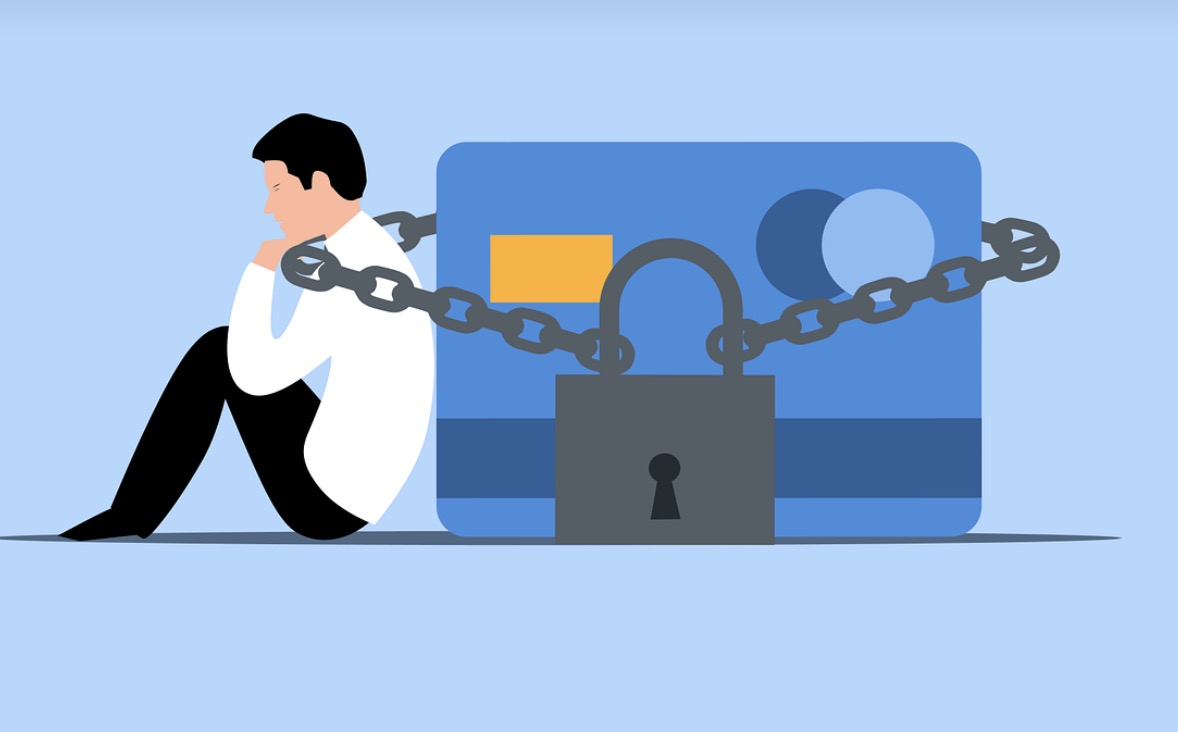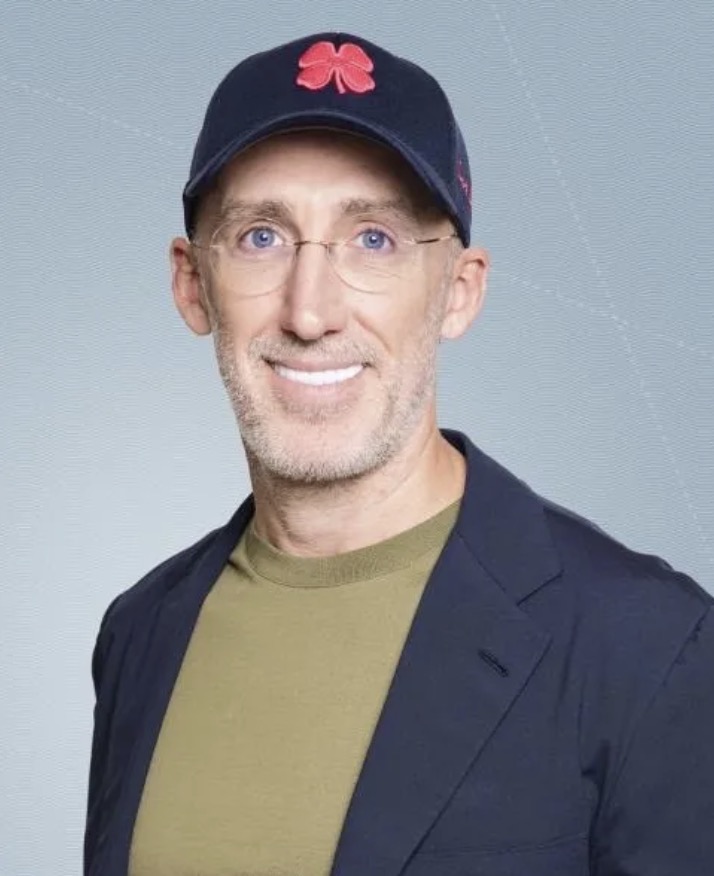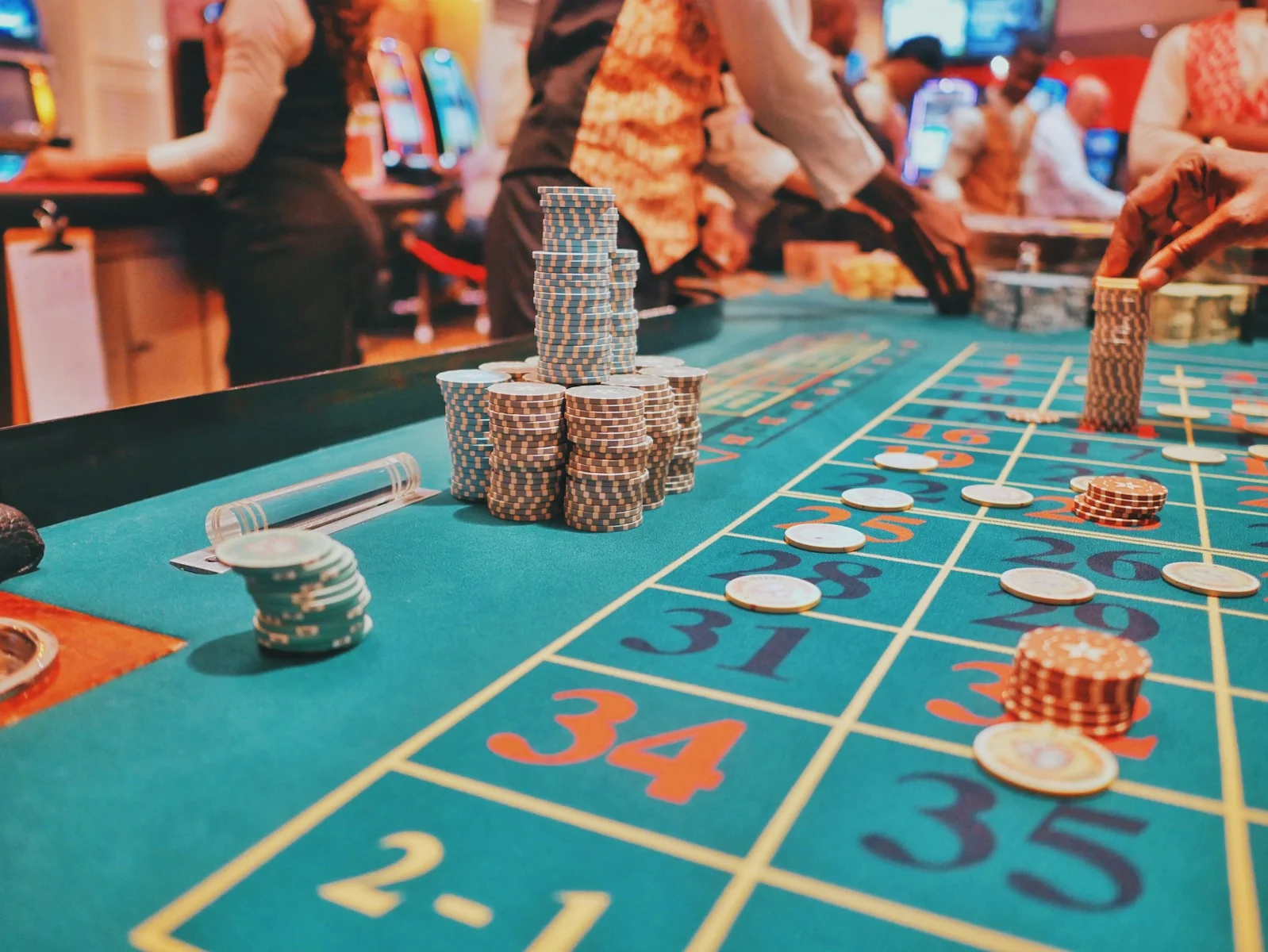Understanding the psychology of debt is an important aspect of achieving financial freedom and cultivating a healthy money mindset. Debts can have a significant negative impact on our mental freedom and if the person gets into the debt cycle it becomes extremely hard for him to get out of it and start paying off debts. But what are the reasons for getting into the debt cycle? And how is the possible to cultivate a healthy money mindset after paying off all the debts?
Let’s try to understand not only the unconscious algorithms of why this happens to us but also what is behind it. When we want something (an apartment, a car, our business, etc.), our brain starts to work out all the possible ways to get it. Subconsciously we become uncomfortable with the fact that we do not have it. And this, by the way, is normal. In this situation, most people choose the shortest path – to take out a loan or borrow money and close this issue.
But why do some people tend to take loans more than others? Some people want to emphasize their status, to show everyone around them and themselves that they can have everything they want, here and now. Regardless of the consequences. For others, being in debt all the time may be caused by childhood traumas. For example, if a person was the eldest child in the family as a child and was often told that he had to help the youngest, study well, and be successful – a distorted perception of himself is formed. “I owe everybody” works on the subconscious
How to reframe beliefs about debts?
The debts and loan mindset needs to be worked through. It’s worth understanding where this desire for quick emotions comes from, what pains and worries are you silencing with these purchases? Perhaps your insecurities. Closing loans is the first step to getting out of debt. But to avoid getting into it again, it’s important to identify the causes and work through them with the psychotherapist.
If you’re the kind of person who takes out loans for a TV, or smartphone or travels on impulse, thinking there’s nothing wrong with it, and the amount of debt grows each month, there are several steps to get rid of such a habit. First, you need to get used to shopping lists. And use the “10-second rule” in the stores: if you want some product, take 10 seconds to think about it, whether you need it or it is a spontaneous desire. And don’t try to replace any of your worries and problems with shopping and a momentary feeling of wealth, when you have been approved for a loan. Try to enjoy activities that release endorphins but don’t need any financial investments. For example, try hiking and exploring outdoors instead of gambling at the Bizzo Casino app and spending money.
The next important step is to manage your personal or family budget. Even after you’ve paid off your debts, you can’t neglect this simple rule of being financially literate. Write down all your income and expenses, and try to do it regularly. At the end of each month analyze your financial life and try as much as possible to plan your budget for the next period. This way you can gradually, firstly, repay all your debts, and, secondly, begin to form your reserve fund – a financial “safety cushion”. This way you will be able to get a clear picture of your finances. Perhaps this can stop you from spending more.
When planning a scheme of action to fight debts, you should gather all information about your debts. It is very important to calculate everything. This requires gathering information about your debts: the interest rate on all loans, the amount of other obligatory payments on loans, and determining the amount of arrears, if any, fines, and penalties for it. All of this information can be found in your credit agreement. In addition, it may prescribe the possibility of extending or deferring the loan – that is a possible scheme for solving the problem. Next, it remains to determine the sequence of actions to repay all debts.
Then analyze the costs that you can refuse. For example, rent a cheaper apartment (if you live in rented housing), and try to use water, electricity, and gas sparingly. Rank all debts by the amount owed and accrued or possible penalties. Next, try to pay off the debts you can afford and try to extend other loans by taking advantage of credit vacations. This action will avoid high penalties for arrears, and give you extra time to find money. Ideally, you should identify the debt with the highest interest rate, and try to pay it off as quickly as possible. By trying to pay off this loan first, you will save money on interest payments.
All these steps are essential if you want to take control of your financial situation and not struggle with debts anymore. A more balanced relationship with money is a key to financial and inner freedom and mental health.






